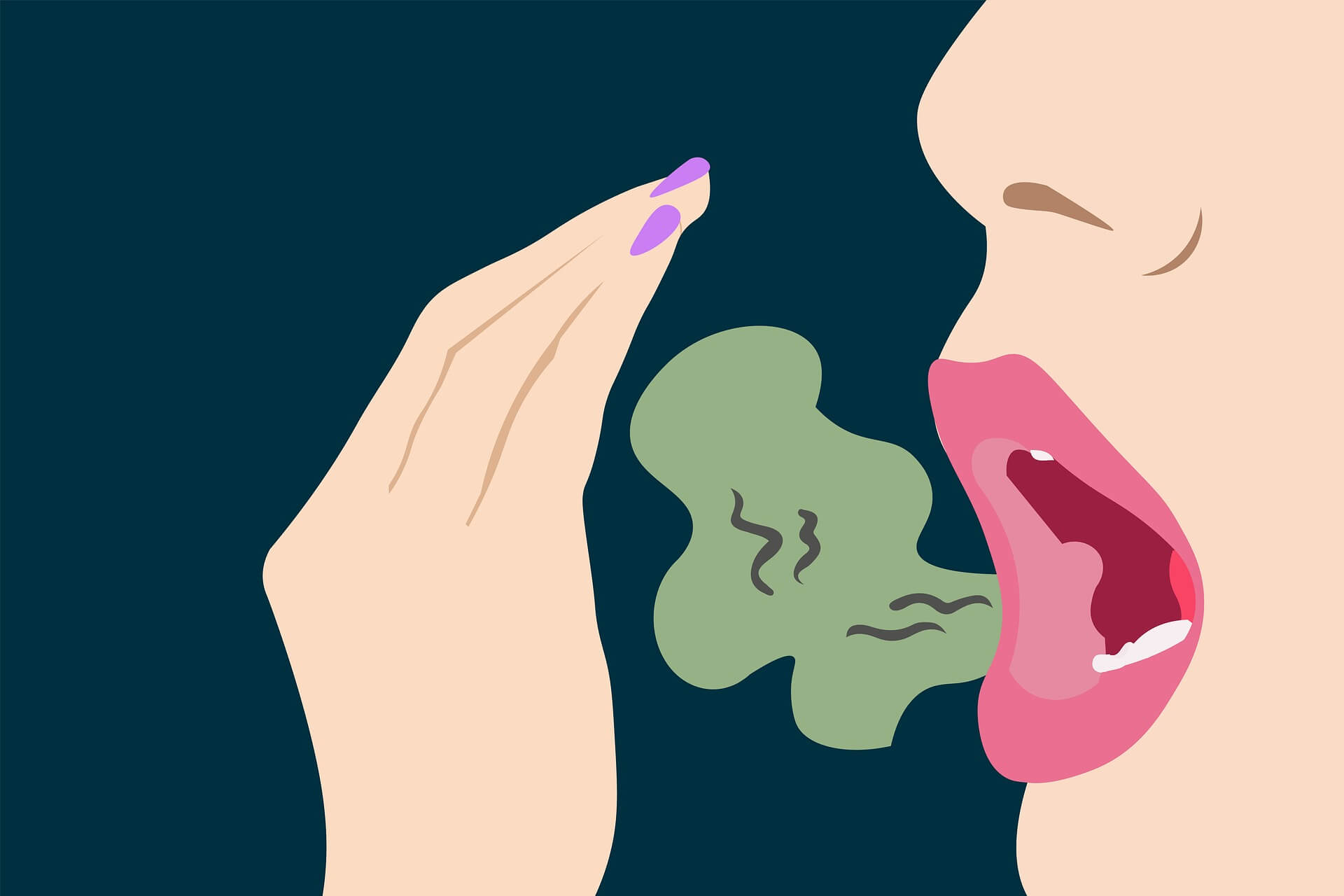Reasons for Bad Breath: Understanding Halitosis and Its Causes
Bad breath, also known as halitosis, is a common problem that affects many people around the world. While it can be embarrassing, the good news is that it is often treatable. In this article, we will explore the various causes of bad breath and what you can do to prevent it.
Introduction
Bad breath is a condition that can be caused by a variety of factors. It can be an embarrassing problem that can impact your personal and professional life. Understanding the causes of bad breath is the first step in preventing it. In this article, we will discuss the common causes of bad breath and how to treat and prevent it.
What is Halitosis?
Halitosis is the medical term for bad breath. It is a condition that can affect people of all ages. While it can be caused by poor oral hygiene, there are other factors that can contribute to bad breath as well. In most cases, bad breath is temporary and can be treated with proper care.
Causes of Bad Breath
Poor Oral Hygiene
Poor oral hygiene is one of the most common causes of bad breath. When food particles are left in the mouth, they can break down and cause an unpleasant odor. Brushing and flossing regularly can help prevent this problem.
Gum Disease
Gum disease is another common cause of bad breath. When bacteria build up in the gums, they can cause inflammation and odor. Regular dental cleanings can help prevent gum disease and bad breath.
Dry Mouth
Dry mouth is a condition where there is not enough saliva in the mouth. Saliva helps to clean the mouth and neutralize acids that can cause bad breath. Certain medications, medical conditions, and smoking can all cause dry mouth.
Smoking and Tobacco Use
Smoking and tobacco use can cause bad breath and other oral health problems. Tobacco products can leave a foul odor in the mouth that can linger for hours.
Certain Foods and Drinks
Certain foods and drinks can also cause bad breath. Foods like garlic and onions can leave a strong odor in the mouth. Alcohol and coffee can also cause bad breath.
Medical Conditions
Certain medical conditions can also cause bad breath. These can include respiratory infections, liver disease, and diabetes.
Medications
Some medications can also cause bad breath. These can include antidepressants, antihistamines, and blood pressure medications.
How to Prevent and Treat Bad Breath
Good Oral Hygiene
The best way to prevent bad breath is to practice good oral hygiene. This includes brushing your teeth twice a day, flossing daily, and using mouthwash. Regular dental checkups can also help prevent bad breath by allowing your dentist to identify and treat any oral health problems.
Stay Hydrated
Drinking plenty of water can also help prevent bad breath by keeping your mouth moist and washing away food particles and bacteria.
Quit Smoking
Smoking and tobacco use can cause bad breath and other oral health problems. Quitting smoking can help improve your breath and overall health.
Chew Sugarless Gum
Chewing sugarless gum can help stimulate salivary production and reduce bad breath. However, be sure to choose gum that is sugar-free to avoid contributing to tooth decay.
Treat Underlying Medical Conditions
If you have a medical condition that is causing bad breath, it is important to seek treatment. Treating the underlying condition can help improve your overall health and reduce bad breath.
Conclusion
Bad breath can be an embarrassing problem, but it is often treatable. Understanding the causes of bad breath is the first step in preventing it. Good oral hygiene, regular dental checkups, and staying hydrated can all help prevent bad breath. If you have a medical condition that is causing bad breath, it is important to seek treatment.
FAQs
Is bad breath always caused by poor oral hygiene?
No, bad breath can be caused by a variety of factors, including medical conditions and certain foods.
Can gum disease cause bad breath?
Yes, gum disease can cause bad breath by causing inflammation and odor in the gums.
Can smoking and tobacco use cause bad breath?
Yes, smoking and tobacco use can cause bad breath and other oral health problems.
How can I prevent bad breath?
Good oral hygiene, regular dental checkups, staying hydrated, and avoiding certain foods and drinks can all help prevent bad breath.
When should I seek treatment for bad breath?
If you have persistent bad breath, it is a good idea to talk to your dentist or doctor. They can help identify the underlying cause of your bad breath and recommend the appropriate treatment.
How can I tell if I have bad breath?
It can be difficult to tell if you have bad breath on your own, but you may notice people stepping back or avoiding close contact with you. You can also try licking the back of your hand and smelling it after it dries to get an idea of your breath odor.
Can certain foods and drinks help prevent bad breath?
Yes, foods like parsley, mint, and yogurt can help freshen your breath. Drinking plenty of water and chewing sugarless gum can also help prevent bad breath.
Is bad breath contagious?
No, bad breath is not contagious. However, the bacteria that cause bad breath can be passed from person to person through close contact, such as kissing or sharing utensils.
Can mouthwash help prevent bad breath?
Yes, using mouthwash can help kill bacteria in your mouth and freshen your breath. However, it should not be used as a substitute for good oral hygiene practices like brushing and flossing.
How often should I brush and floss to prevent bad breath?
It is recommended to brush your teeth at least twice a day and floss daily to prevent bad breath and other oral health problems.


Comments
Post a Comment